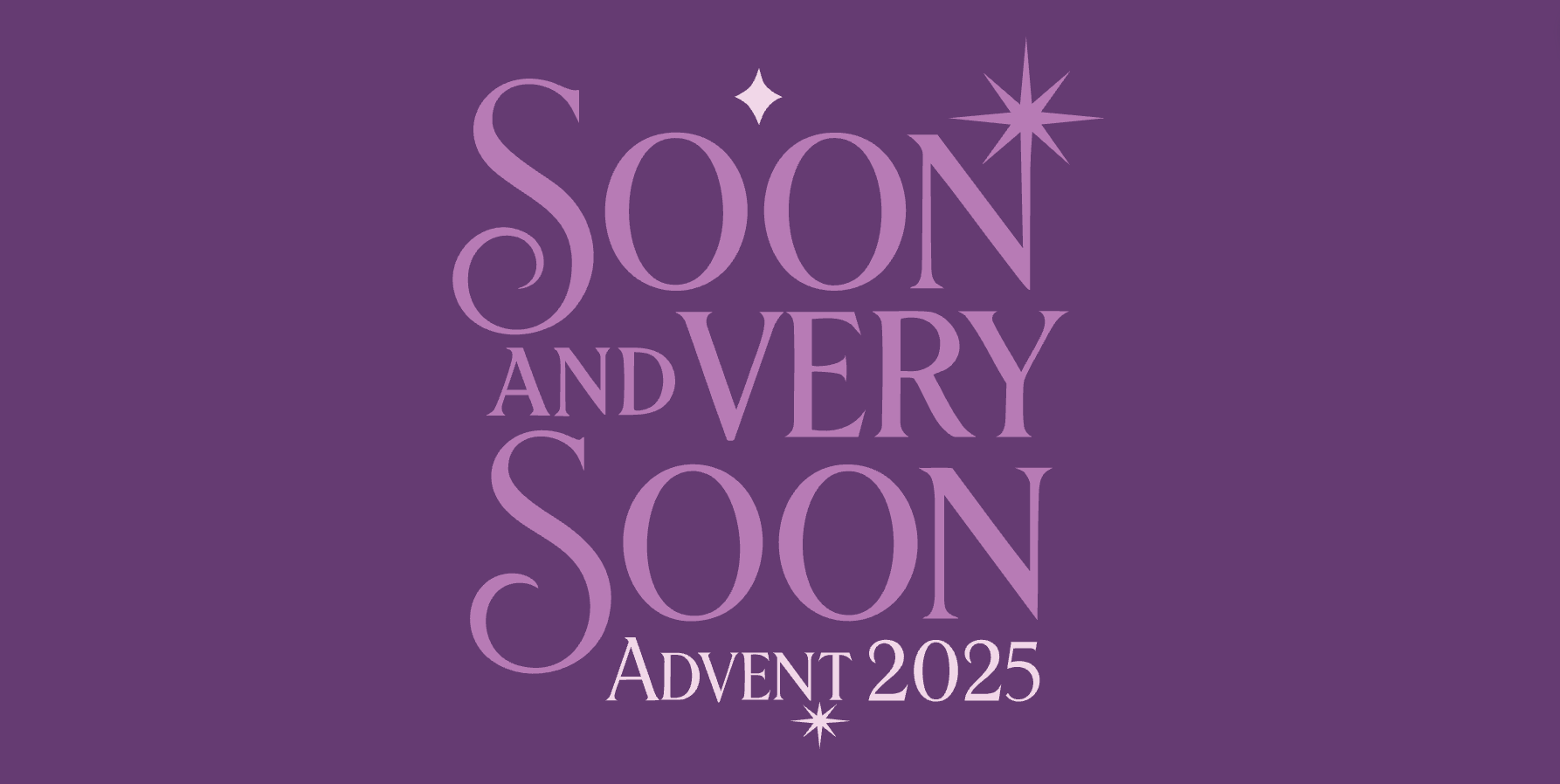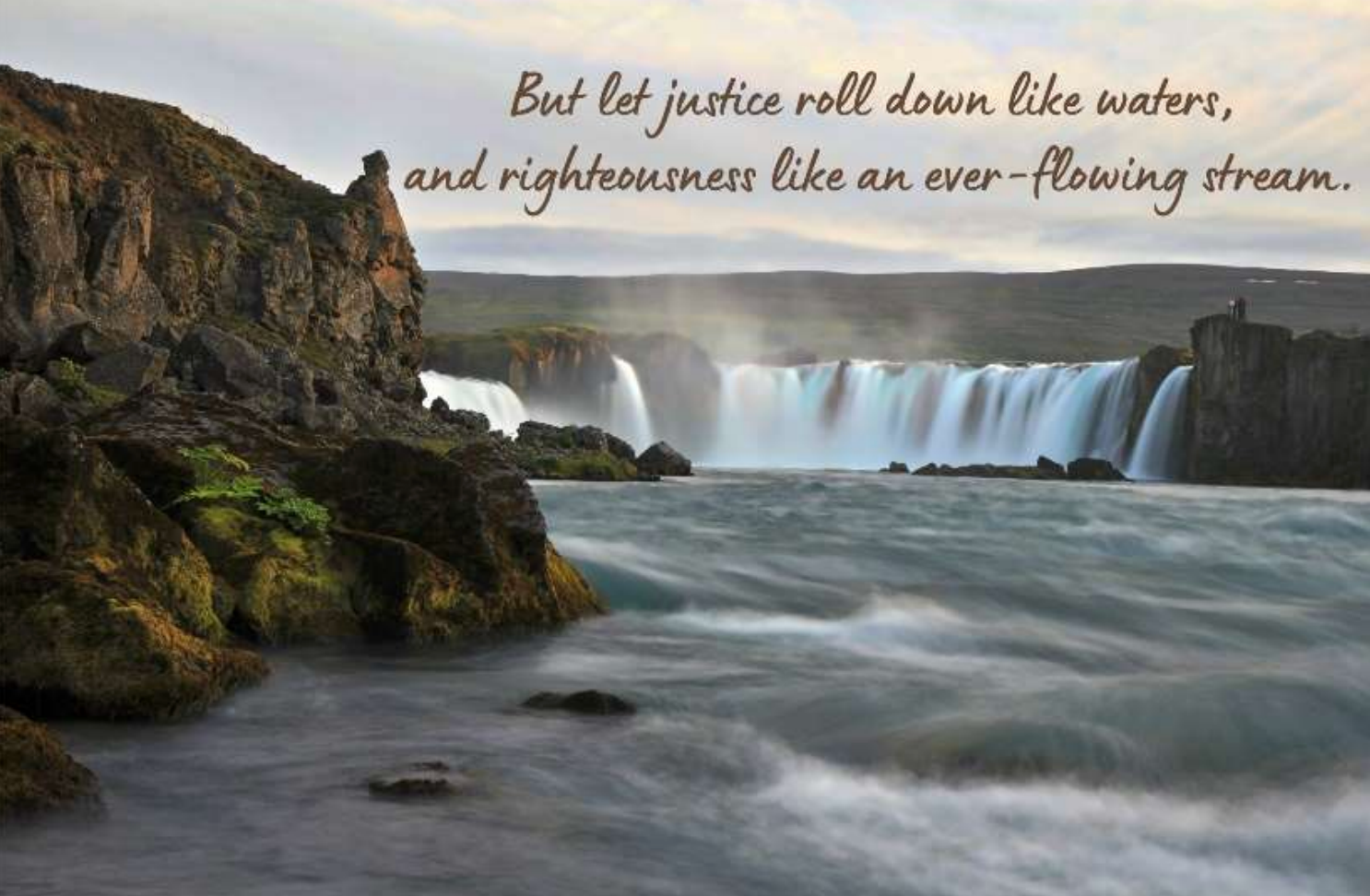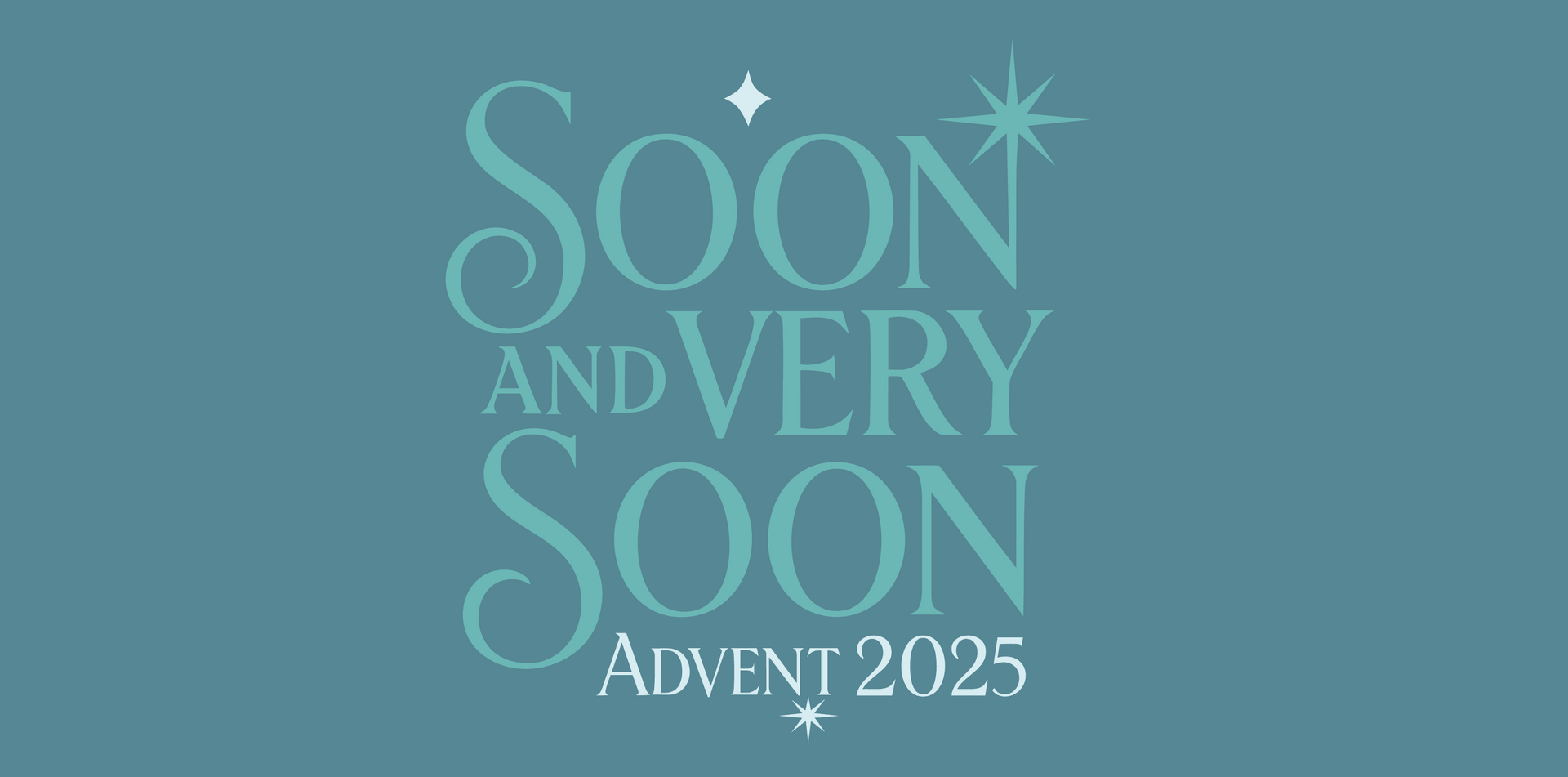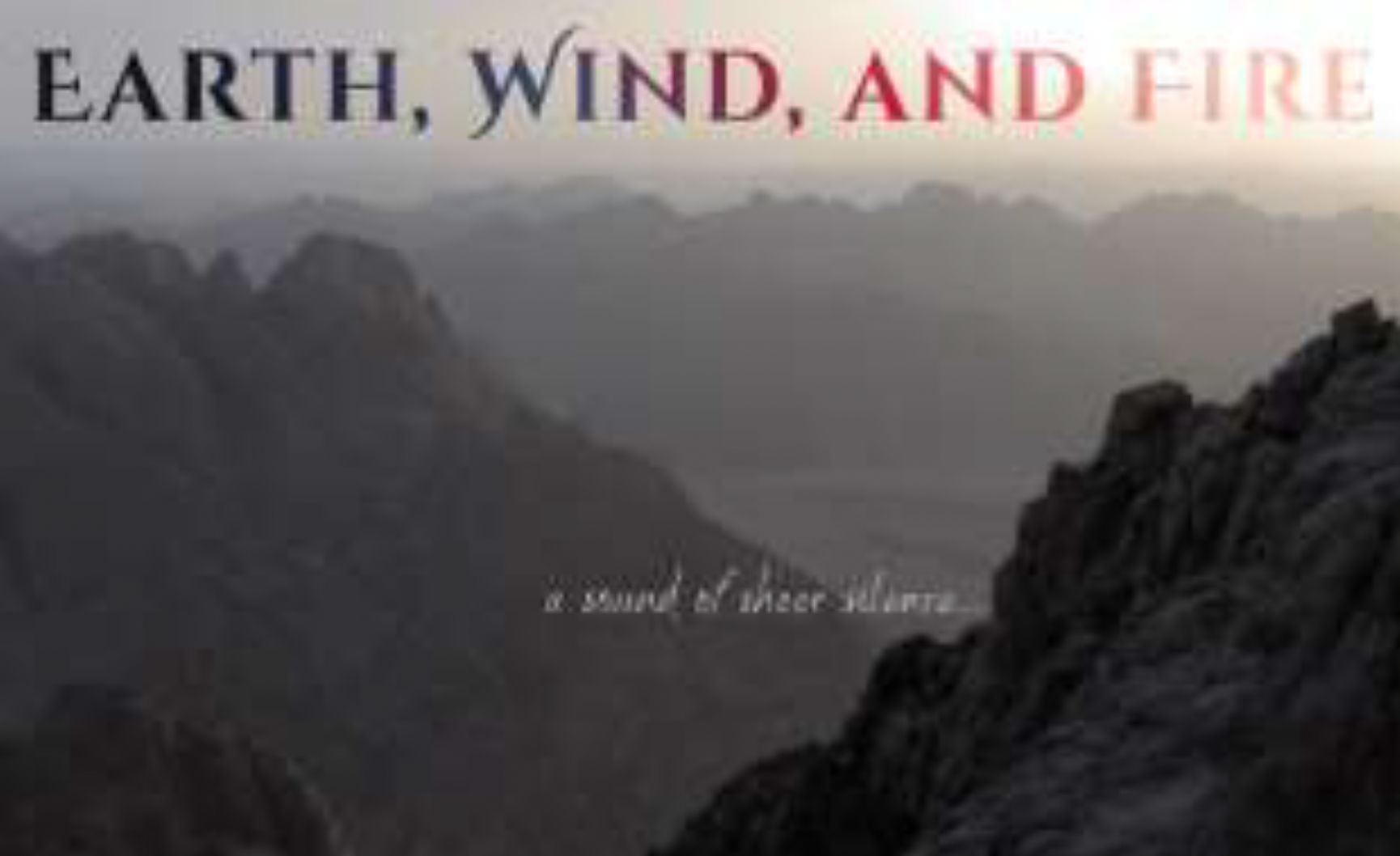Sermon 12.08.2024: Treasures of Darkness
In our culture, the 'good guy' rides the white horse, not the dark horse. We often equate darkness with evil or sin, and we see it play out in devastating ways when white skinned people are praised and dark skinned people are feared. And while there is lots of scriptural imagery about the power and goodness of light, there are also references to the gifts of darkness. While we long for light, let us look at the 'treasures of darkness' as Isaiah says.
Scripture
Isaiah 45:1-8
Thus says the Lord to his anointed, to Cyrus,
whose right hand I have grasped
to subdue nations before him
and strip kings of their robes,
to open doors before him—
and the gates shall not be closed:
2 I will go before you
and level the mountains,
I will break in pieces the doors of bronze
and cut through the bars of iron,
3 I will give you the treasures of darkness
and riches hidden in secret places,
so that you may know that it is I, the Lord,
the God of Israel, who call you by your name.
4 For the sake of my servant Jacob,
and Israel my chosen,
I call you by your name,
I surname you, though you do not know me.
5 I am the Lord, and there is no other;
besides me there is no god.
I arm you, though you do not know me,
6 so that they may know, from the rising of the sun
and from the west, that there is no one besides me;
I am the Lord, and there is no other.
7 I form light and create darkness,
I make weal and create woe;
I the Lord do all these things.
8 Shower, O heavens, from above,
and let the skies rain down righteousness;
let the earth open, that salvation may spring up,
and let it cause righteousness to sprout up also;
I the Lord have created it.
Sermon
Our theme for Advent is Longing for Light, a hymn you’re getting to know as we light the Advent candles. And the full line in the hymn is “longing for light, we wait in darkness.”
What is your relationship to the dark? I’ve had more than a few days since the time change, where I looked outside, saw how dark it was, and realized I should go to bed, only to look at my clock and see that it was 6:30pm.
Simon and Garfunkel sing, Hello Darkness, my old friend.
But how often do we see darkness as a friend?
I confess that at these, the darkest days of the year, I long for light. I don’t like the sun setting at 5pm.
I love taking vacations to bright and sunny places. They don’t even have to be warm. Some of you have heard me say before that my husband wants to go the most northest northern part of Norway in the dead of winter. I will not be joining him on that trip, but will look forward to hearing about it, when he calls me and I answer the phone from my beach chair in Hawaii.
Isaiah talks about treasures in darkness, and this passage calls us to re-think images of light and dark in our lives, and in Scripture.
To start with, when scripture mentions darkness and light, it is not referring to skin color. In our culture, we don’t always notice how darkness and light are used as measures of good and bad, often privileging people with lighter colored skin and telling people to fear people with darker skin tones. Our culture puts the good guy on a white horse and calls the bad guy the black sheep.
In scripture, images of light and dark are most often stand ins for the forces of good and evil. They are images that made a lot of sense to people who lived nomadic lives in the desert, without electricity, flashlight buttons on their iPhones, or motion detector flood lights outside their tent.
When it gets dark in the desert, predators wake up. You don’t wander around outside your home or tent. Even if the big bad beast doesn’t get you, you’d probably trip on a root you couldn’t see and break a hip. People hearing the biblical stories knew the danger of the dark.
On Christmas Eve, the reading from Isaiah also mentions light and dark:
The people who walked in darkness
have seen a great light;
those who lived in a land of deep darkness—
on them light has shined.
In the stories in scripture that mention light and dark, the dark never fully goes away when the light shines. The darkness remains. And I know that in the midst of the darkest time of the year, we’d like the darkness to just go away.
We’d like the bad guys to lose.
We’d like people to not get cancer and children not be shot at school.
We’d prefer scary diagnoses and illness would become extinct.
We want peace in our relationships and in our community.
We want billionaires to start paying taxes on their 4th yacht instead of blaming people on food stamps for our national budget deficits.
And if we’re being honest, we’d like God to show up in force and with great strength and bright sunlight that never sets.
God chose not to do that, however.
The people Isaiah was writing to, I think, would have agreed with us about wanting the bad guys to lose and for God to show up in force with bright light that never sets.
I mentioned last week that they were at the whims of greater global powers and experienced exile, destruction, and the loss of autonomy. They longed for a government that would represent them, not one that was working for their harm, in cahoots with an occupying force.
And for Isaiah, the light came through Cyrus, the Persian leader who defeated Babylon. Isaiah tells his people God will take Cyrus by the hand, and open the doors and gates for him, leveling any mountains in his way.
I will give you the treasures of darkness
and riches hidden in secret places,
so that you may know that it is I, the Lord,
the God of Israel, who call you by your name.
What are treasures of darkness for you?
This week, I was leading a retreat for some national church leaders in Arizona, up in the foothills outside of Scottsdale, and the treasure of darkness there was that I could see the stars, and a few planets. I trust the stars shine over us here in SF too, but I can see only a fraction of them from my window over the ever lit Van Ness Avenue.
Darkness also brings rest, and the older I get the more I know what a treasure it is to sleep deeply.
New life is nurtured in darkness too. Seeds grow in the darkness of the soil, and God knits us together in the dark of our mother’s wombs, as the psalmist says.
There is an expectant waiting in darkness, whether it is for new life to emerge, or for the sun to rise in the morning. And, as much as impatient me hates to admit this, there is treasure in the darkness of our waiting.
This is our work in Advent, expectant waiting.
We aren’t waiting in despair that nothing will change. We are waiting in hope—hope the action verb, not the feeling—that things will change, that unto us a child will be born. And anyone who has ever waited for the birth of a child knows that it involves impatience, discomfort, and a little worry alongside all of the hope that gets you through the pregnancy.
For Isaiah, the main treasure revealed in the darkness of our lives, and our world, is God. The rest of our passage today spells out, again and again, the nature of God:
I am the Lord, and there is no other;
besides me there is no god.
I arm you, though you do not know me,
so that they may know, from the rising of the sun
and from the west, that there is no one besides me;
I am the Lord, and there is no other.
I form light and create darkness,
I make weal and create woe;
I the Lord do all these things.
God is God in the morning sun. God is God in the dark of night, because God created them both and called them good. There is no place we could go where God is not the creator, the sustainer, the redeemer.
God doesn’t tell us how omnipotent and omnipresent they are just to impress us. Isaiah tells us God gives us treasures in darkness so that we will know it is God who calls us by name. This God who created the universe and put all the stars across our galaxy for us to see in the night sky—that same God calls us by name.
The God who invented bumble bees, hedgehogs, and golden doodles—that same God calls us by name.
You are known, loved, claimed, and called by God. By name.
So don’t ever sell yourself short, worried you have nothing to offer in a world with such big problems. You are known, loved, claimed, and called by God. God has called you by name. Live into your gifts and do what you can to share those gifts in the world.
Don’t ever dismiss another person because God has called them by name too. You’ll never meet a person who is not loved by God, no matter how hard they may try to confuse us about that.
Those trans kids that politicians are trying to use to score political points—they are known, loved, claimed and called by God. By name.
People risking their lives to cross borders for a chance to escape war, famine, or violence—they are known, loved, claimed, and called by God. By name. Our living sanctuary team is continuing to accompany people seeking sanctuary in this country. You’ll hear a little more about that later in worship. (Alex and Amy, the first family we started accompanying when we became a sanctuary congregation were with us in worship to celebrate that Amy and their kids had been granted asylum last week. Alex’s case is still on appeal, but this was very good news and there was a long and loud round of applause in worship).
I told a story at the start of worship about a time when I discovered treasures in a time of darkness and challenge. And I mentioned it was the people who cared for me, and accepted me, and loved me, at a time in my life when I felt unworthy of care, love, and acceptance.
God called me by name, and so did my church family, my actual family, my friends, the dean of students, the list is long. My prayer for us is that when we are in moments of darkness, we may hear God as they call our name, and that we might be that voice in the lives of others, bringing light.
Today, I invite you to meet someone new, by name. No, I implore, direct, and command you meet someone new, by name. Maybe it is someone you’ve seen across the sanctuary before but have never met. Maybe it is someone whose name you’ve maybe heard before but can’t remember. May we be treasures for each other in times of darkness. And let’s do so by name.
Amen.











